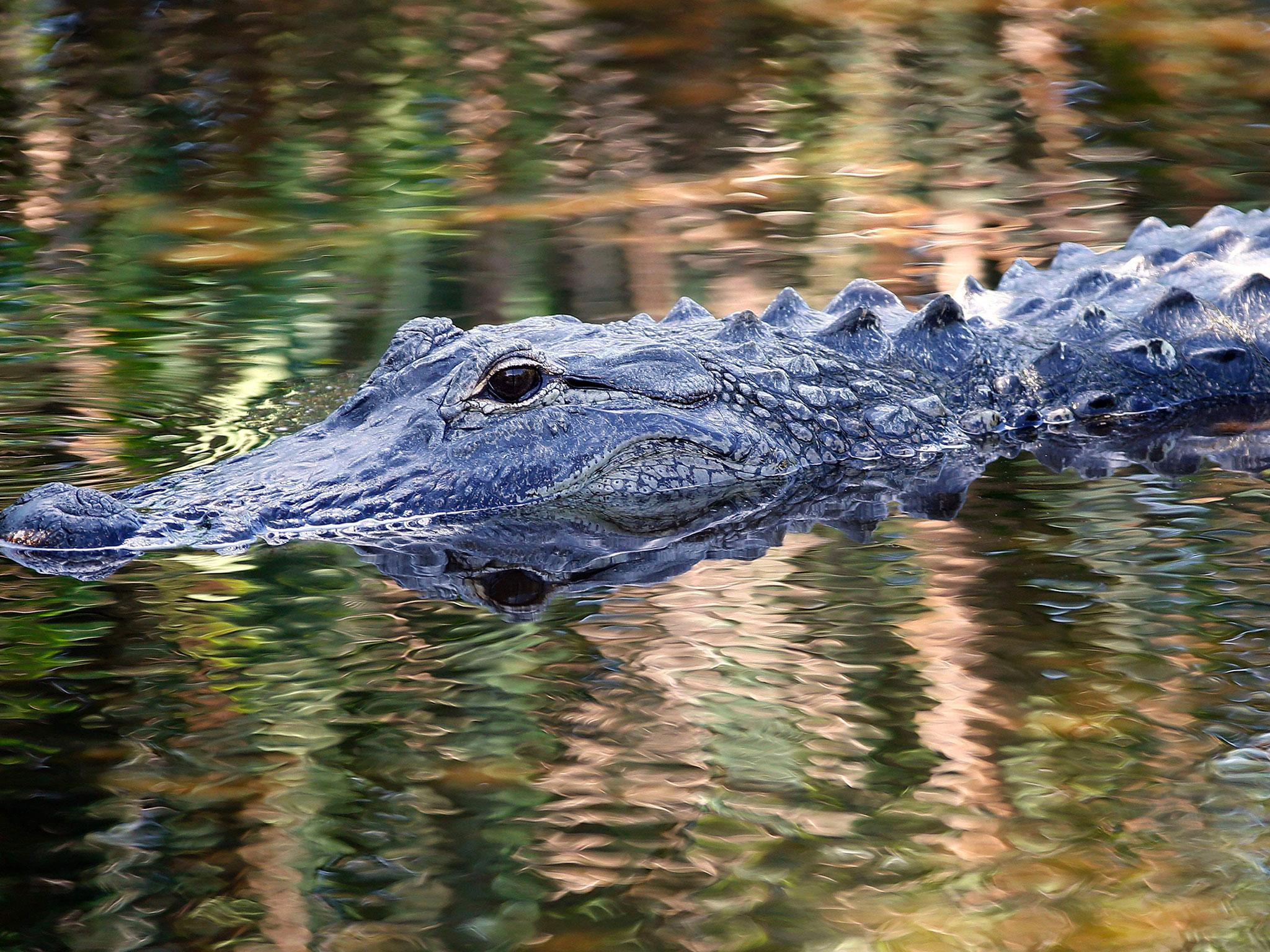Florida alligator attack: Thinking of making a trip to Orlando? Here's what you need to know
The alligator attack on a two-year-old boy at a Disney resort is a reminder of the natural hazards in the "Sunshine State". Here, our travel correspondent answers your questions about the risks and the wisdom of travelling to Florida

Since Walt Disney World opened in central Florida 45 years ago, Orlando has been synonymous with family fun. But the death of two-year-old Lane Graves from Nebraska in an alligator attack at a Disney resort is a reminder of the natural hazards in the "Sunshine State".
Our travel correspondent, Simon Calder, answers your questions about the risks and the wisdom of travelling to Florida.
How many British people go to Florida, and specifically to Orlando?
Last year 1.72m Brits arrived in Florida. That’s equivalent to a fully-loaded jumbo jet touching down every two hours, every day of the year. Of those around half will spend time in Orlando, and at the current rate of increase British visitors to the city will reach one million annually within two years.
How many alligators are there in Florida, and how frequently do they attack?
According to the Florida Fish and Wildlife Conservation Commission (FWC), there are 1.3 million alligators across the state ‒ that’s one for every 15 people. They live in marshes, swamps, rivers, canals and lakes, such as the artificial lake at Walt Disney World where the tragedy took place. Considering the number of alligators, attacks are rare. An eight-year-old boy was attacked at Walt Disney World in 1986, but escaped.
Across the state, so far this century, 13 people have died in alligator attacks, and going back many decade the average number of fatalities is one every three years. In addition in a typical year there are three or four non-fatal attacks that needed medical treatment.
What precautions are taken?
The FWC has an active "Nuisance Alligator Program" that culls about 7,000 creatures a year - if they are considered large enough to cause harm, and live close to human settlements. In addition in many parts of the state there are signs warning of the risks. A particularly frequent alert says “At dusk, if it moves, it’s food,” pointing out that any splashing by the waterside could attract an alligator - which might mistake a small child for its normal prey.
What steps have been taken since the attack at the Disney resort - and what can parents do?
Lakeside beaches have been closed and patrols stepped up. After this tragedy both the state’s tourist industry and visitors to Florida should be more alert to the risks. Alligators are most active from dusk to dawn, so don’t let children venture near water after dark.
Orlando has experienced three tragedies in the space of just five days, and some prospective visitors are worried about the dangers. If you have a holiday booked but choose not to travel, can you cancel without penalty?
No, not without losing some or all of your money.
The city has certainly been in the headlines for all the wrong reasons. On 10 June, the “Voice” performer Christina Grimmie was shot dead. The following night, the worst mass shooting in US history took place at a gay nightclub in Orlando, killing 49 people. And on 14 June, the two-year-old was snatched by an alligator at a Disney resort. But it’s business as usual for the tourist industry in Florida, there’s no Foreign Office warning against travelling to Orlando or the rest of the state - the FCO says simply: “Follow the advice of the local authorities” in the wake of the gay nightclub attack.
The tourist board insists "Orlando remains a place that welcomes everyone". And the only change at the airport is a higher security presence, with international passenger asked to arrive three hours ahead.
So no flexibility?
Anyone who is concerned can talk to their agent or holiday company. It’s possible that some travel firms may allow customers to switch destination away from Florida, perhaps to California or the Caribbean, on payment of a fee, but there’s no general entitlement to this. Travel insurers will not recompense for what's called "disinclination to travel".
My assessment is that Orlando and the rest of the US remains a very low-risk destination. The danger from alligators has not increased - but the tragedy has made people, and organisations, more aware of the danger.
Subscribe to Independent Premium to bookmark this article
Want to bookmark your favourite articles and stories to read or reference later? Start your Independent Premium subscription today.

Join our commenting forum
Join thought-provoking conversations, follow other Independent readers and see their replies